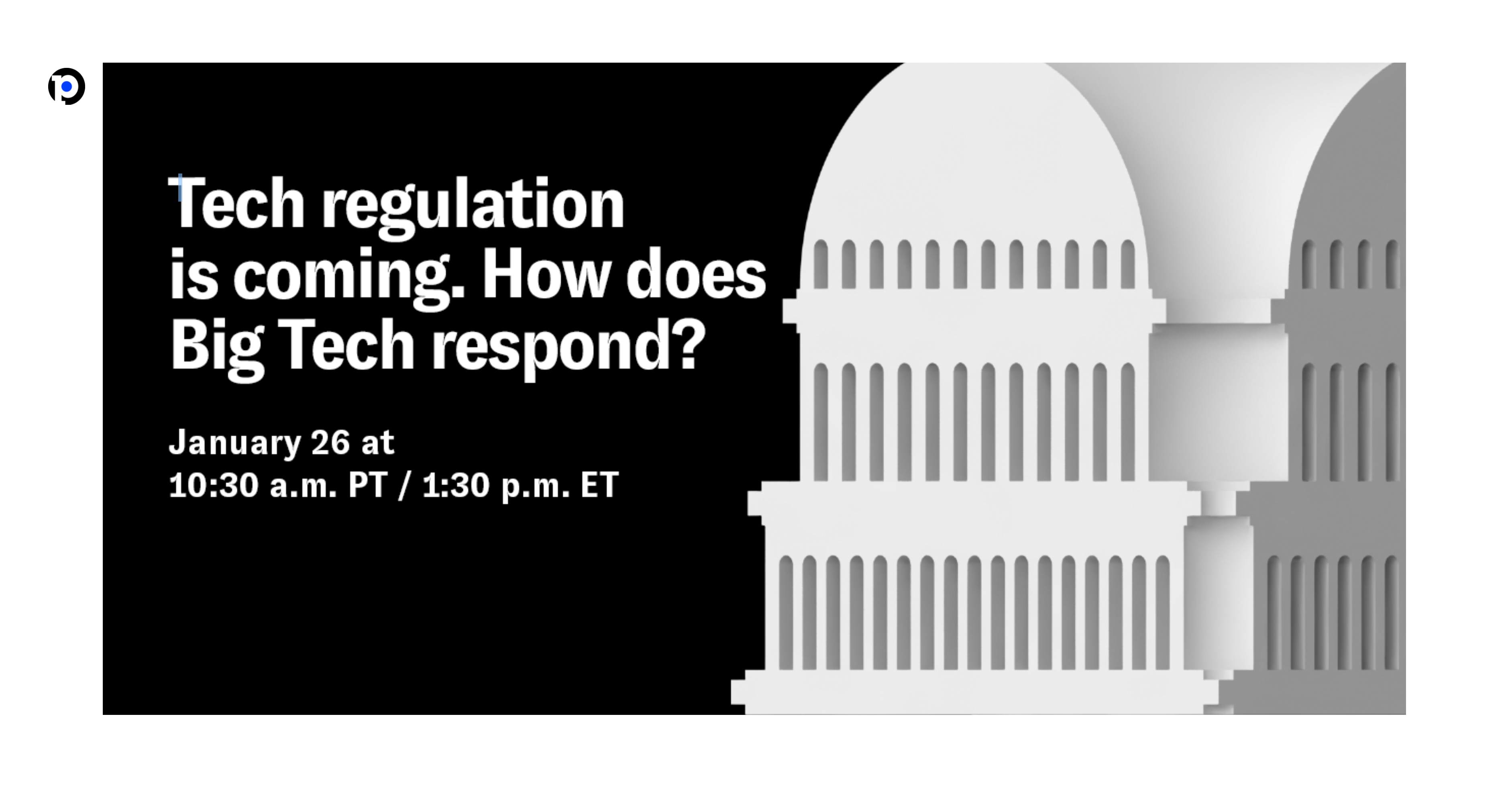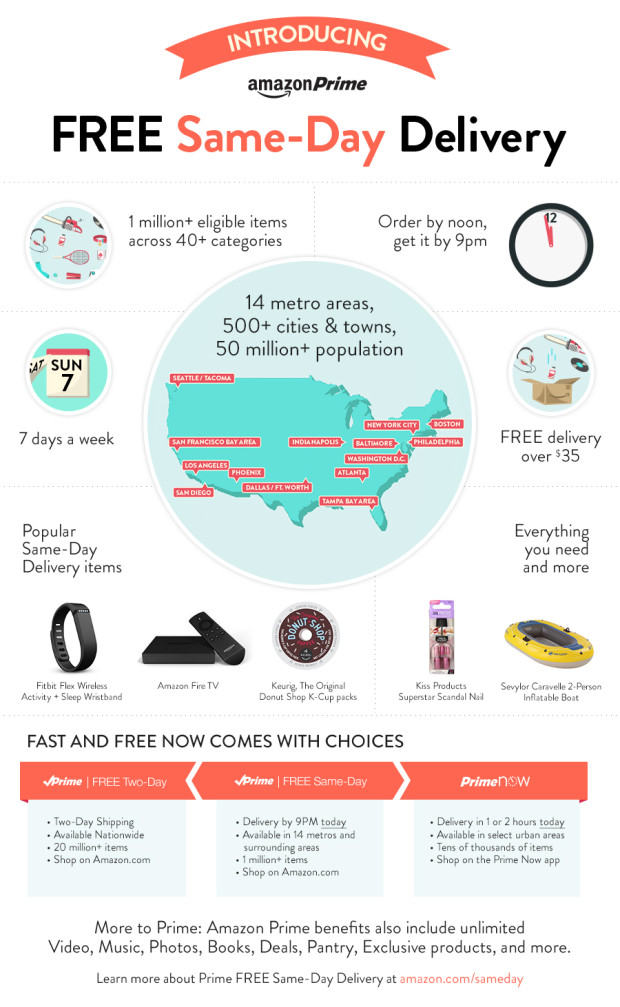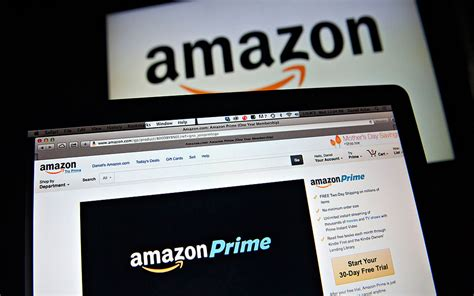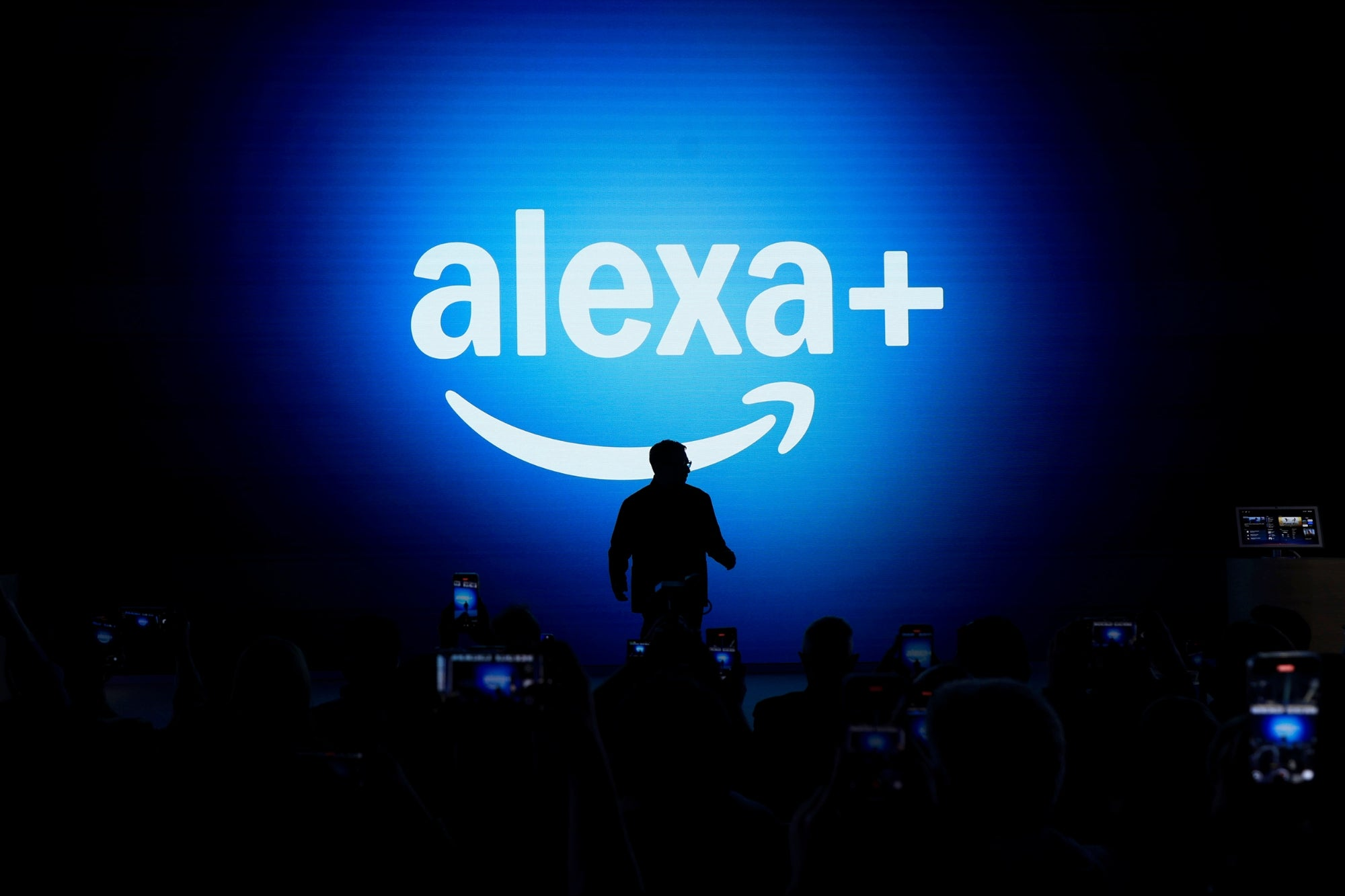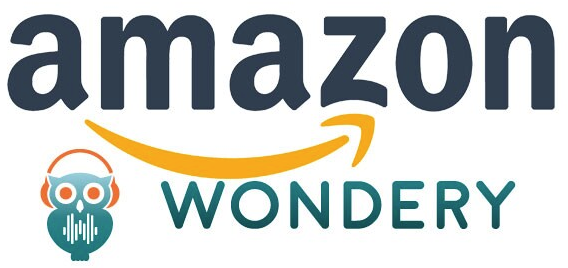In recent years, the increasing scrutiny surrounding Big Tech regulation has become a focal point in discussions about digital privacy, antitrust laws, and consumer rights. As governments worldwide grapple with the immense power wielded by major technology firms, the demand for accountability has soared. Critics of Big Tech argue that these conglomerates often prioritize profit over ethics, infringing on privacy and personal freedoms. With a growing consensus on the need for stringent antitrust measures, it is evident that robust regulation of Big Tech is not just necessary, but overdue. As we navigate this evolving landscape, the intersection of technology and consumer rights will be crucial to ensuring a fair digital ecosystem for all.
The recent debates surrounding large technology corporations underscore the urgent need for oversight in the way these entities operate and interact with users. This monumental shift towards enforcing rules and guidelines aims to safeguard digital privacy and uphold ethical standards in the industry. Alternative terms like “tech giants” or “digital behemoths” reflect the expansive influence they have over our lives, necessitating conversations about technology ethics and civic responsibility. Furthermore, the push for establishing antitrust laws highlights the critical importance of protecting consumer rights in an increasingly monopolistic environment. As we move forward, understanding the implications of regulating these powerful institutions will be key to cultivating a fairer digital landscape.
The Urgency for Big Tech Regulation
As we approach mid-2025, the necessity for comprehensive Big Tech regulation has never been clearer. Governments worldwide are finally recognizing the urgent need to impose oversight on these powerful entities that have long operated without substantial accountability. This shift comes in response to growing concerns over digital privacy, consumer rights, and an increasingly hostile environment towards competitors, which has resulted from the monopolistic practices of major tech firms. The call for regulation echoes the frustrations of consumers who feel trapped by invasive data collection practices and insufficient protections for their online activities.
The importance of establishing robust antitrust laws cannot be overstated. Effective regulation aims to dismantle the barriers that restrict competition, ensuring that consumer choice is not stifled by the dominance of a few corporations. By taking action to hold Big Tech accountable, regulatory bodies can protect not only market integrity but also the fundamental rights of consumers. Technology ethics must play a central role in these conversations, as restoring the balance of power involves redefining the relationship between users and providers in the digital landscape.
Consumer Rights and Digital Privacy in the Age of Big Tech
The rise of Big Tech has inevitably led to a significant erosion of digital privacy. Consumers are often unaware of the extent to which their data is harvested, shared, and exploited for profit. Despite the allure of free services, the trade-off has become increasingly unacceptable as individuals sacrifice their privacy rights for convenience. This reality calls for a reevaluation of consumer rights in the digital space. It is crucial for users to understand that they should not merely accept the invasive practices of tech giants as the norm but should demand transparency and ethical behavior from these companies.
Legal frameworks must evolve to address the complexities of the digital age, empowering consumers with rights that reflect modern realities. Privacy regulations, such as the European Union’s General Data Protection Regulation (GDPR), have set a precedent, showing that it is not only possible but necessary to enforce strict data protection policies. Enhancing consumer rights while advocating for digital privacy can help ensure that tech companies are not only accountable for their products but also for how they manage and protect user data.
Understanding the Concept of ‘Enshittification’ in Technology
The term ‘enshittification’ metaphorically captures the gradual degradation of service quality and consumer experience within the tech industry. This phenomenon illustrates how companies prioritize profit over user satisfaction, leading to a decline in overall product excellence. As consumers, we often overlook early warning signs, becoming complacent as our digital tools become increasingly burdensome. By recognizing the patterns of enshittification, we can take proactive steps to demand better standards from tech providers, advocating for an ethical approach to technology.
Understanding this concept also reinforces the importance of informed citizenship. As users become more aware of the implications of enshittification, they can push for regulatory changes that promote accountability and hold companies to higher standards. As government entities and regulatory bodies step in, it is essential that consumers remain vigilant in their calls for transparency and ethical practices. This awareness not only helps safeguard personal interests but also contributes to a more sustainable and ethical technology ecosystem.
The Role of Antitrust Laws in Regulating Big Tech Services
Antitrust laws play a critical role in establishing a fair competitive landscape, especially in the rapidly changing tech industry. Historically, the Microsoft antitrust case of the late 1990s set a crucial precedent for holding major corporations accountable for anti-competitive practices. As we observe the evolution of technology, it is imperative that contemporary antitrust measures be updated to reflect the complexities of today’s digital marketplace. This regulatory framework should not only address current monopolistic behavior but also preemptively prevent future abuses of power by large corporations.
As governments consider new antitrust regulations, they must balance the need for innovation with the necessity of maintaining a competitive environment. Strong antitrust policies can dismantle the prevailing market dominance held by a few tech giants, creating opportunities for smaller players to enter the market and offer unique services. This approach fosters a diverse ecosystem that prioritizes consumer choice and encourages ethical business practices across the industry as it awakens any underlying fears of monopolistic control.
Technology Ethics: A Crucial Framework for Responsible Innovation
In the digital age, the necessity for technology ethics has never been more pressing. Companies often prioritize growth over the ethical implications of their practices, leading to harmful consequences for consumers and society at large. Responsible innovation must encompass a framework that prioritizes ethical considerations in product development and implementation. This ethic not only serves the interest of consumers but also cultivates trust between users and technology providers.
Furthermore, advocates for technology ethics encourage businesses to adopt sustainable practices that align with the expectations of an increasingly conscientious consumer base. In tandem with regulatory oversight, ethical standards can pave the way for a healthier and more responsible tech landscape, fostering innovations that do not compromise personal integrity or privacy rights. By focusing on ethics, we can create a future where technology serves humanity rather than exploiting its vulnerabilities.
Reimagining Consumer Relationships with Big Tech Companies
The relationship between consumers and Big Tech companies has become fraught with challenges over the years. Initially characterized by excitement over innovations, the dynamic has shifted to one of wariness as consumers grapple with the ramifications of data privacy breaches and unsolicited surveillance. It is essential to redefine this relationship, emphasizing mutual respect and accountability. As consumers start to voice their concerns louder, companies must listen and adapt in ways that prioritize user safety and satisfaction.
As we navigate this evolving landscape, consumers are encouraged to engage actively with tech brands, providing feedback on their experiences and demanding improvements wherever necessary. Companies have a duty to maintain transparency about their practices, particularly concerning data usage and security protocols. By restoring trust through open communication, a healthier relationship can develop, ensuring that consumer rights are upheld in the face of rapid technological advancements.
Global Perspectives on Big Tech Oversight
The discussion surrounding Big Tech oversight is not confined to any single country; it is a global issue with various perspectives shaping the conversation. While the European Union has led the charge with stringent regulations aimed at curbing monopolistic practices, other nations are starting to draft similar policies in response to the mounting influence of tech giants. This international dialogue is vital as it encourages the sharing of best practices and collaborative efforts in promoting ethical technology use.
Moreover, global cooperation in regulating Big Tech can amplify consumer rights, ensuring that individuals everywhere receive the same level of protection against invasive digital practices. As different regions unveil their regulatory frameworks, there exists an opportunity for countries to learn from one another, creating a cohesive and comprehensive approach to governance in the tech space. The involvement of multiple stakeholders—from governments to civil society—will further enhance the effectiveness of these regulations.
The Future of Personal Technology: What Lies Ahead
Looking ahead, the trajectory of personal technology will be significantly influenced by the regulatory changes currently in motion. As governments grapple with how best to harness the power of Big Tech without stifling innovation, the future holds the promise of a more balanced approach. This evolution will likely involve a shift in focus toward consumer-centric practices, where user welfare and digital privacy are prioritized alongside technological advancement.
The challenge will be to implement these changes without sacrificing the benefits that technology provides in our daily lives. Collaboration between government agencies, ethical tech advocates, and corporate entities will be essential in navigating this complex landscape. As we embrace these changes, it is crucial to uphold a collective responsibility to ensure that technology evolves in a way that respects consumer rights, fosters fair competition, and promotes ethical practices for generations to come.
Empowering Consumers in a Tech-Dominated World
In a world increasingly dominated by technology, empowering consumers must take precedence in discussions surrounding Big Tech regulation. Educating users about their rights and the implications of their online activities is vital for fostering a more informed society. Knowledge empowers consumers to make choices that can influence the market, leading to accountability among tech giants. The emphasis on consumer education is essential as individuals learn how to protect their digital privacy and demand improved practices from the companies they rely on.
Additionally, communities and organizations that advocate for consumer rights play a crucial role in amplifying these voices. By promoting awareness and creating platforms for discussion, consumers can unite, pressuring companies to adopt ethical standards and practices. This coalition can drive the message that consumer rights must be central to the future of technology, ensuring a fair and just environment for everyone involved in the digital economy.
Frequently Asked Questions
What is Big Tech regulation and why is it necessary?
Big Tech regulation refers to government actions aimed at overseeing and controlling the practices of large technology companies to ensure fair competition, protect consumer rights, and safeguard digital privacy. It’s necessary to prevent monopolistic behaviors, address privacy invasion, and hold these corporations accountable for ethical technology practices.
How do antitrust laws apply to Big Tech companies?
Antitrust laws are designed to prevent monopolies and promote competition. In the context of Big Tech, these laws are crucial as they help regulate the market power of companies like Google and Amazon, ensuring they do not employ unfair practices that stifle competition or exploit consumers, thus reinforcing consumer rights.
What role does digital privacy play in Big Tech regulation?
Digital privacy is a significant concern in Big Tech regulation. Governments are increasingly recognizing the need to protect individuals’ personal data from exploitation by tech giants. Regulations are being implemented to establish clear standards for data usage, consent, and user rights to enhance overall digital privacy.
What are some ongoing criticisms of Big Tech and how do they relate to technology ethics?
Ongoing criticisms of Big Tech include concerns over privacy violations, misinformation, and their impact on democratic processes. These issues are closely tied to technology ethics, which explore the moral implications of tech companies’ actions and the need for accountability in their operations to uphold consumer rights and societal values.
What can consumers do to advocate for better Big Tech regulation?
Consumers can advocate for better Big Tech regulation by staying informed about their digital rights, participating in public discussions, and supporting legislation that promotes fair competition and digital privacy. By voicing concerns and demanding accountability, consumers can influence policymakers to prioritize meaningful regulation.
How have recent regulatory actions affected Big Tech’s business practices?
Recent regulatory actions have begun to reshape Big Tech’s business practices by challenging monopolistic behaviors, enforcing stricter data privacy standards, and pushing for transparency in advertising and user data usage. These changes aim to foster a more ethical technology environment that respects consumer rights.
Why is consumer education important in the context of Big Tech regulation?
Consumer education is vital as it empowers individuals to understand their rights and the implications of their interactions with Big Tech. Informed consumers can make better choices, advocate for their interests, and hold companies accountable, thereby influencing the regulatory landscape for a more ethical tech future.
| Key Point | Description |
|---|---|
| Attention on Big Tech | Governments are focusing on regulating Big Tech, likening it to a tsunami. |
| Impact of Regulation | A regulated Big Tech environment is seen as both beneficial and necessary. |
| Consumer Awareness | Consumers have become complacent, accepting privacy invasions for perceived benefits. |
| The Concept of Enshittification | Slow degradation of quality and value in tech services is often unnoticed until too late. |
| Historical Context | Regulation of Big Tech has been absent since the late 1990s antitrust cases. |
| Global Regulation Trends | Regulation efforts are brewing, notably in the EU and the U.S. |
| The Role of Government | Governments should protect citizens from unethical corporate practices. |
Summary
Big Tech regulation is an urgent need in our society today as governments worldwide begin to address the long-standing influence of these corporations. This newfound scrutiny could reshape our tech landscape, requiring consumers to be vigilant and proactive in holding companies accountable for their practices. Now, more than ever, it is essential for us to advocate for ethical standards that prioritize consumer rights and the healthy competition crucial to a fair market.
